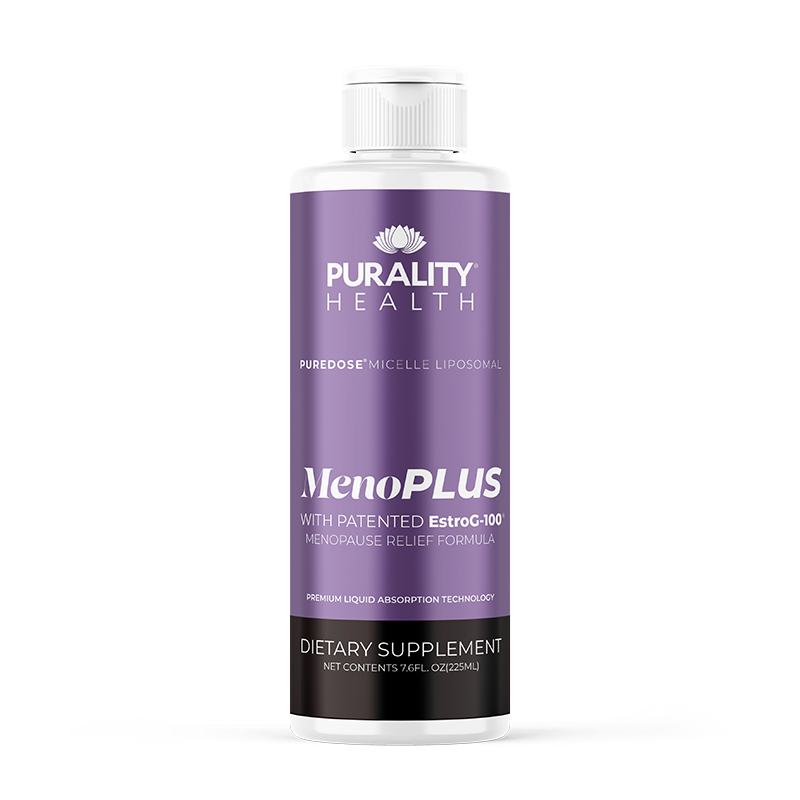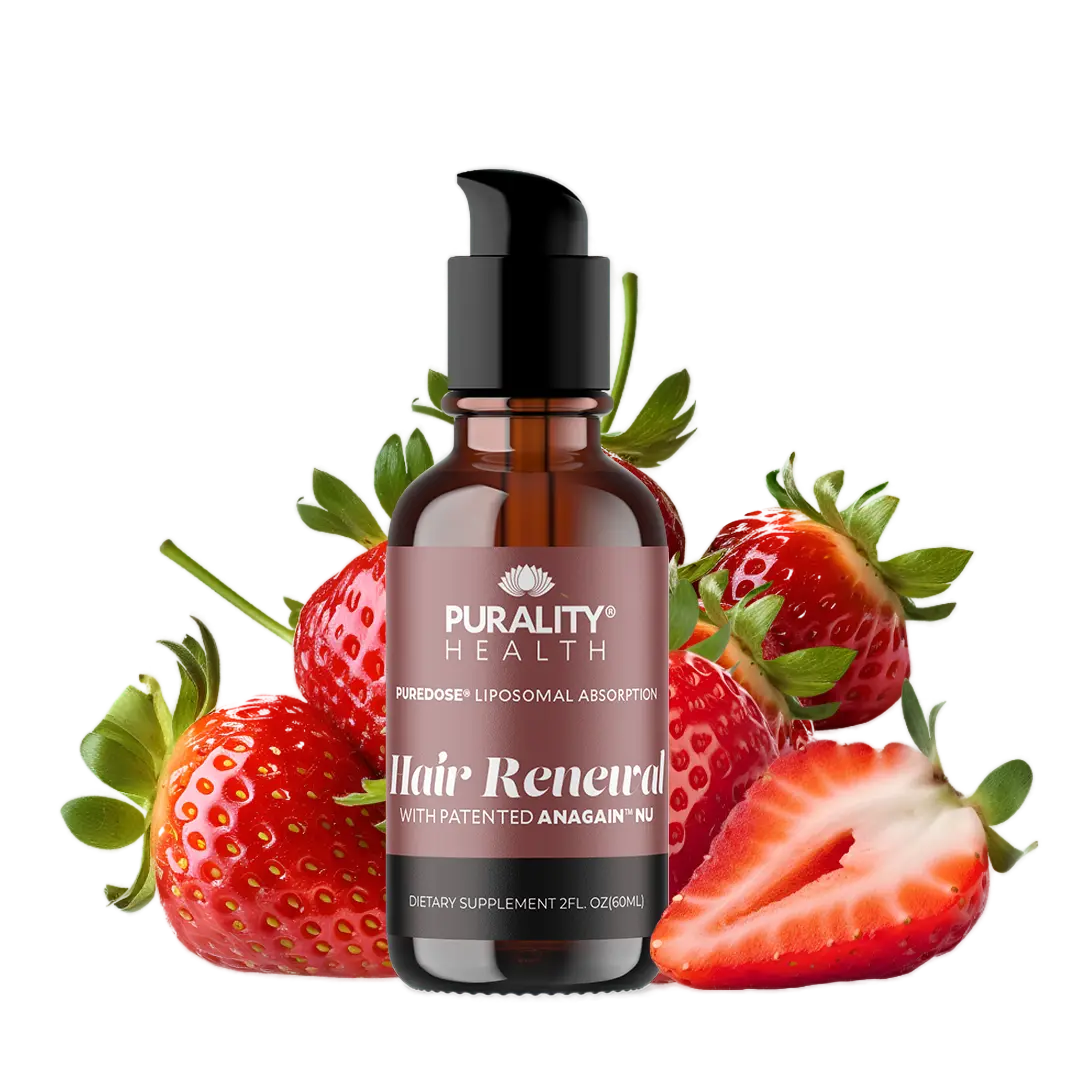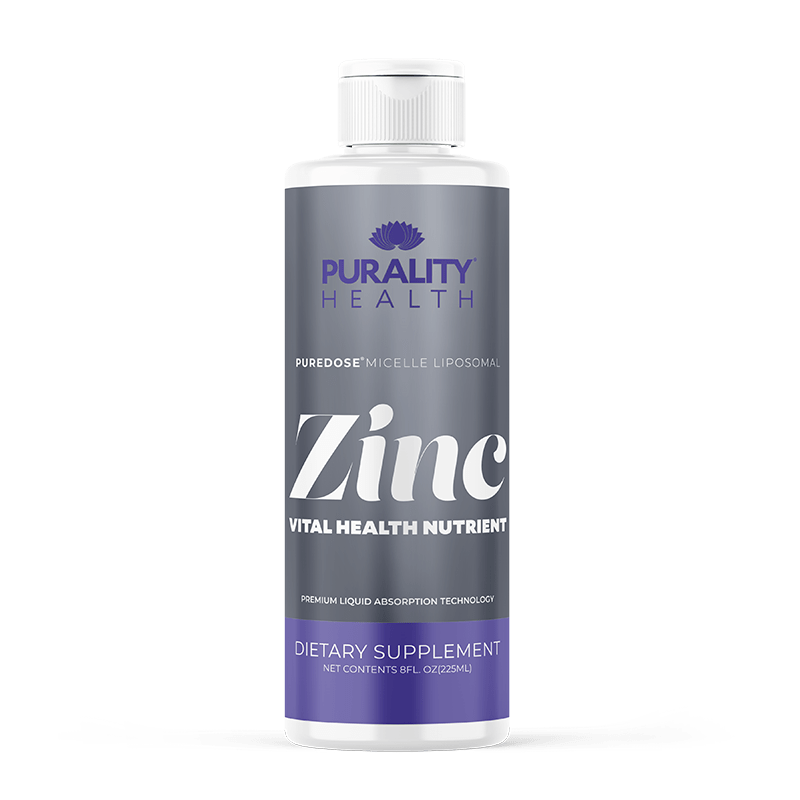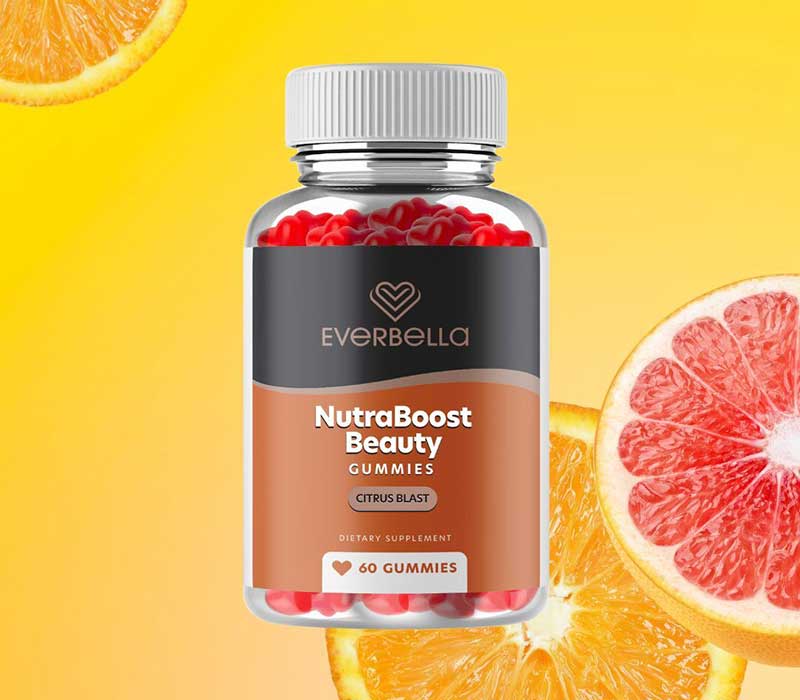The Detoxification Power of the Liver
Have you ever heard someone recommend a juice cleanse to encourage detoxification? To buy certain products that promote detoxification? Or maybe to spend a chunk of time in the steam room to sweat out all the toxins? It turns out, to expel toxins from our body, we don’t really need to do all that much. That’s because there is one organ in particular that excels at detoxification… The liver!
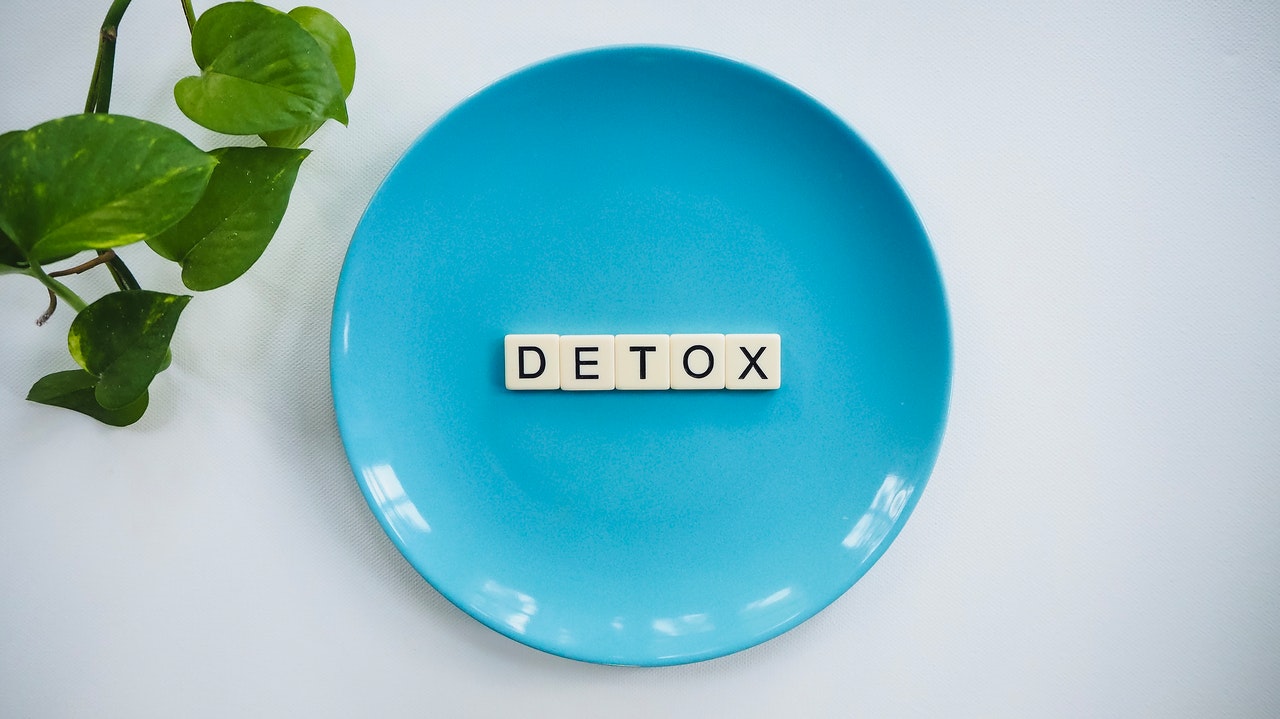
It’s true – the liver is responsible for keeping our body safe against the buildup of metabolic waste and toxins. It neutralizes and metabolizes substances from drugs and alcohol, to pesticides and environmental pollutants. It even helps clear certain hormones and molecules that our body produces. Certain ones can become toxic if they build up in high concentrations! [1]
So, to promote detoxification, you don’t need to spend time and money on specific detox diets or cleanses… In fact, there really isn’t any research to show that they work like they’re said to. All you need to keep your body free of harmful substances and toxins is to take good care of your liver. So, here are a few things you can do to keep your liver healthy, and functioning as it should!
Limit Excessive Alcohol Intake
Alcohol, while fun to indulge on occasion, can exert a toll on the liver if consumed in excess. That’s because our liver can only metabolize so much alcohol at once, about 10 grams per hour. This is equivalent to the amount of alcohol in one standard drink – 12 oz of beer, 5 oz of wine, and 1.5 oz of liquor.

When you drink alcohol quicker than your liver can process, repeatedly, you can cause damage to the liver. This may include buildup of fat around the liver, swelling, and inflammation, which can result in scarring if not treated.
The most important thing you can do to keep your liver healthy and functioning properly is to moderate your alcohol intake. For women, moderate drinking means 1 drink per day, and for men, 2 drinks per day. While there may be occasions in which you do drink more than these moderate recommendations, keep in mind that chronic, excessive alcohol use may be harmful to your health.
Keep an Eye on Your Diet
As noted previously, accumulation of fat in the liver is not so good for you. While alcohol can contribute, your diet can also hinder the health of your liver! There is some research to support that an unhealthy weight status may contribute to poor liver health. [2] However, it’s important to note that in many cases, weight gain is caused by certain factors, such as poor diet quality and sedentary lifestyle. This is why it’s important to maintain behaviors that help you stay a healthy weight, and promote the normal functioning of all your body’s systems. Including the liver and its role in detoxification.
To promote the health of your liver, you’ll want to follow the most basic tenets of a healthy diet, such as:
- – Limiting your intake of added sugars
- – Making the majority of the fat in your diet healthy, plant-based fats
- – Moderating your intake of saturated and trans fats, often found in red meats and processed foods
- – Staying hydrated
Though this isn’t part of your diet, maintaining a regular exercise routine is also a good way to promote general health and wellness, which includes the health of your liver!
Just as an unhealthy diet can contribute to weight gain and the accumulation of throughout the body, it can also lead to accumulation of fat in and around the liver. Over time, this can cause inflammation in the liver, which may lead to liver damage if unmanaged. [3]
Glutathione
You will find large concentrations of glutathione in the liver. So, it makes sense that this molecule also plays an important role in detoxification. It’s involved in the process of eliminating chemicals and unwanted compounds from the body. Glutathione attaches to these molecules in the body, flags them as toxic, and modifies them into a new form that’s much easier to excrete. Without glutathione, it would be difficult for our bodies to excrete a lot of the toxins we absorb and ingest! [4]
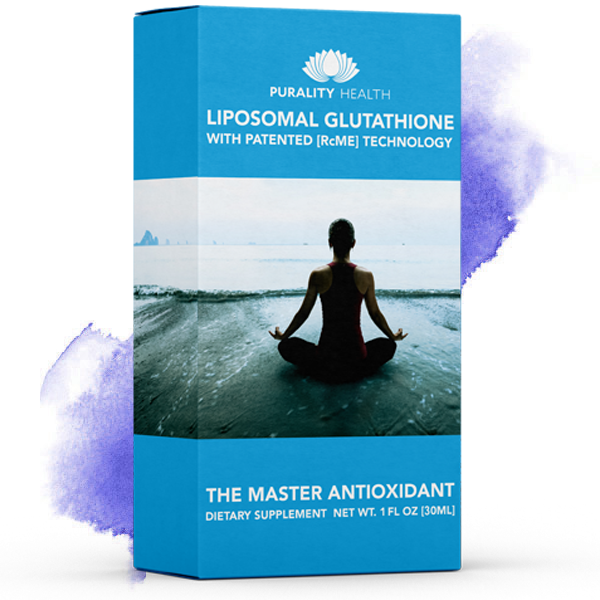
While glutathione isn’t necessarily necessary for the functioning of the liver, it’s evident that the two both contribute to similar roles in the body. It’s also important to note that aside from its role in detoxification, glutathione is an antioxidant, and can protect the body and its tissues from oxidative stress.
Natural production of glutathione can be greatly affected by a number of factors, including environmental toxins, stress, illness and poor nutrition. [4] In the diet, you can find glutathione in avocados, cruciferous vegetables, spinach, okra, and asparagus, but our ability to absorb it is severely limited.
Even standard supplementation is limited. However, there has been research to demonstrate that liposomal glutathione is able to aid in absorption where other oral supplementation methods have been unable to. [5] To keep glutathione levels healthy, try our Liposomal Glutathione – the liposomal delivery method was designed for optimal absorption, so you are getting the full power of this supplement!
Citations
- Josep Argemí 13-15 “LIVER DETOXIFICATION” Esplugues de Llobregat – Barcelona www.sabater.com
- Fabbrini, Elisa et al. “Obesity and nonalcoholic fatty liver disease: biochemical, metabolic, and clinical implications.” Hepatology (Baltimore, Md.) vol. 51,2 (2010): 679-89. doi:10.1002/hep.23280
- Mirmiran, Parvin et al. “Relationship between Diet and Non-alcoholic Fatty Liver Disease: A Review Article.” Iranian journal of public health vol. 46,8 (2017): 1007-1017.
- “Glutathione.” Glutathione – an Overview | ScienceDirect Topics, https://www.sciencedirect.com/topics/medicine-and-dentistry/glutathione.
- Sinha R, Sinha I, Calcagnotto A, Trushin N, Haley JS, Schell TD, Richie JP Jr. Oral supplementation with liposomal glutathione elevates body stores of glutathione and markers of immune function. Eur J Clin Nutr. 2018 Jan;72(1):105-111. doi: 10.1038/ejcn.2017.132. Epub 2017 Aug 30. PMID: 28853742; PMCID: PMC6389332.



